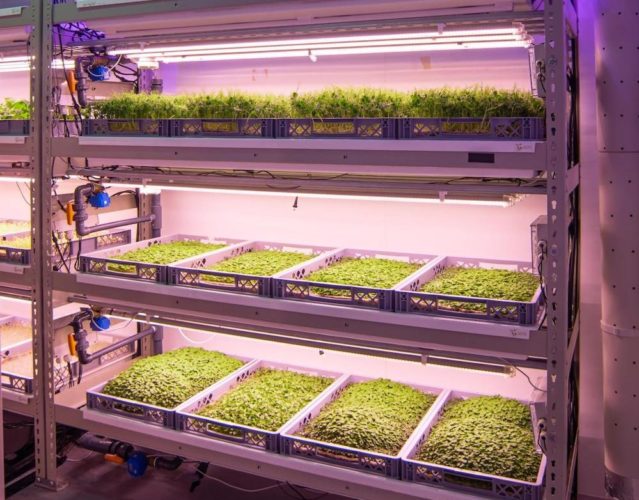
Vertical farms with their soil-free, computer-controlled environments may sound like sci-fi, but there is a growing environmental and economic case for them, according to new research laying out radical ways of putting food on our plates.

Vertical farms with their soil-free, computer-controlled environments may sound like sci-fi, but there is a growing environmental and economic case for them, according to new research laying out radical ways of putting food on our plates.

Grapevine is infected by more than 90 viruses, with new viral species discovered yearly as a result of the newer technology introduced by High-Throughput Sequencing (HTS). Within the last decade, HTS is used for virome identification (the assemblage of viral genomes), which in turn helps plant pathologists with future research.
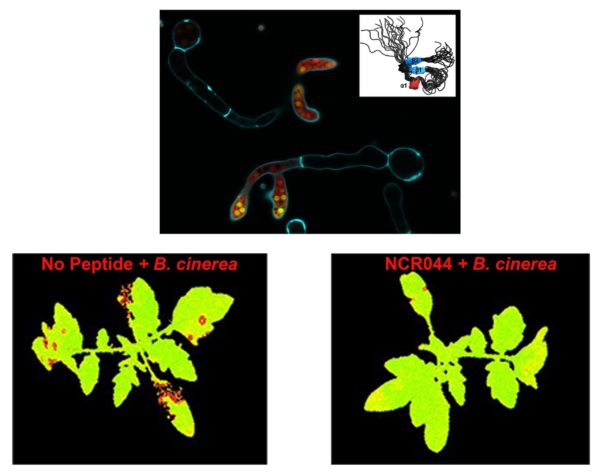
Findings pave the way for developing environmentally friendly fungicides. Fungal diseases cause substantial losses of agricultural harvests each year. The fungus Botrytis cinerea causing gray mold disease is a major problem for farmers growing strawberries, grapes, raspberries, tomatoes and lettuce. To mitigate the problem, they often resort to applying chemical fungicides which can lose their effectiveness over time.

A new study has analyzed one environment-sensitive genic male sterile (EGMS) line that exhibited fertility transition under specified environmental conditions.
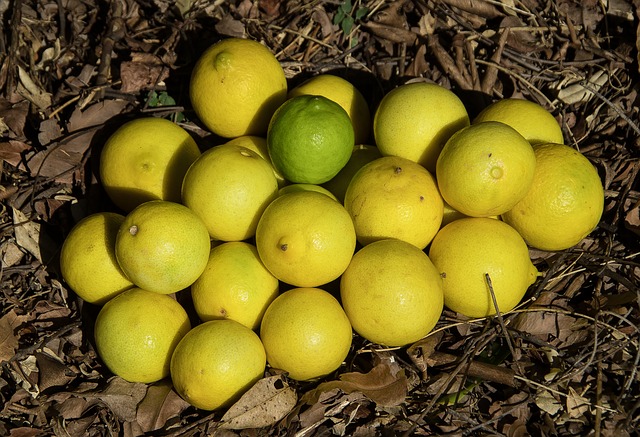
Citrus greening disease (Huanglongbing of HLB), transmitted by the Asian citrus psyllid, is currently the biggest threat to the citrus industry and is threat to many parts of the world. In Florida alone, citrus greening disease has accounted for losses of several billions of U.S. dollars. Despite HLB’s widespread prevalence, factors influencing the epidemic are poorly understood because most research has been conducted after the pathogen has been introduced.

A team of scientists has developed a way to potentially thwart the spread of a disease-causing bacterium that harms more than 100 plant species worldwide, an advance that could save the nursery industry billions a year.
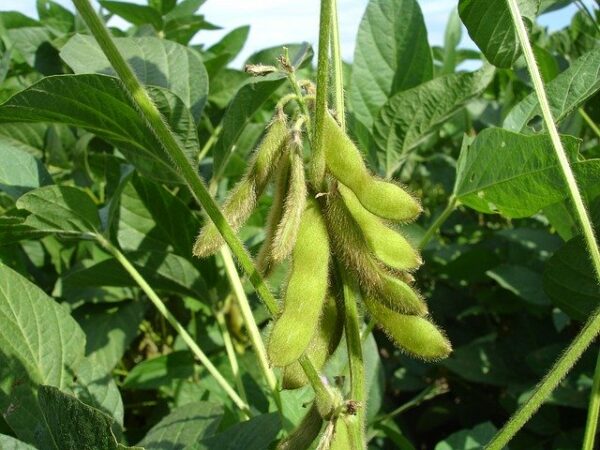
Some plants, like soybean, are known to possess an innate defense machinery that helps them develop resistance against insects trying to feed on them. However, exactly how these plants recognize signals from insects has been unknown until now. Scientists uncover how oral secretions of the cotton leaf worm trigger defense responses in a plant.

A team of researchers has developed an innovative software program for the simulation of breeding programmes. The “Modular Breeding Program Simulator” (MoBPS) enables the simulation of highly complex breeding programmes in animal and plant breeding and is designed to assist breeders in their everyday decisions.
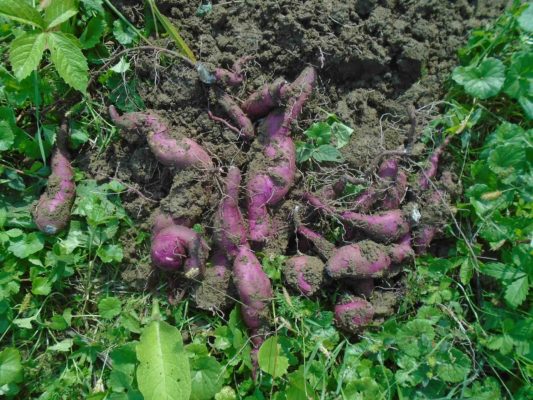
Grown around the world, sweet potatoes are an important source of nutrition particularly in sub-Saharan African and Asian diets. Sweet potatoes are especially significant to sub-Saharan Africa as a source of Vitamin A, a nutrient commonly deficient in the region. While China currently produces the most sweet potatoes by country, sub-Saharan Africa has more land devoted to sweetpotatoes and continues to expand production. Farmers elsewhere are also increasingly growing sweetpotatoes.

Valued at dining room tables and factory floors alike, cassava is worth about $10 billion in Asia. The continued growth of the commodity faces challenges from climate change, land degradation and limited investment in crop improvement and disease.